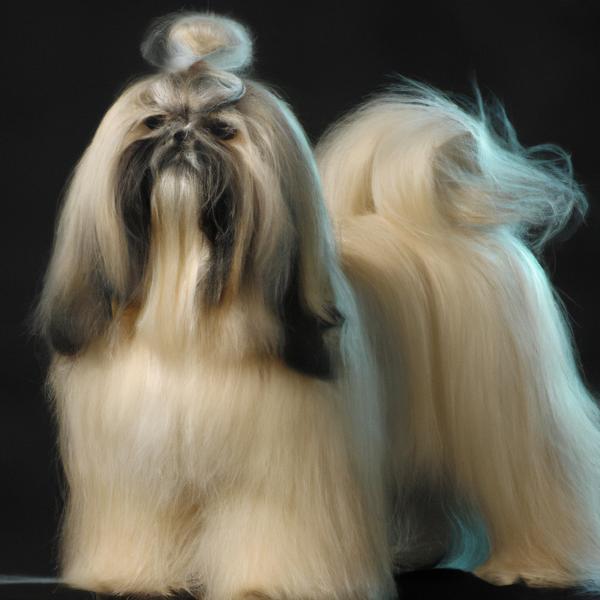Silkese vs. Rottle: Breed Differences and Similarities
Hypoallergenic
Are Silkeses or Rottles hypoallergenic, or neither?
While no dogs are truly 100% hypoallergenic, Silkeses are about as close as it gets, making them an ideal pet if you are an allergy sufferer.
Unfortunately, the Rottle is not hypoallergenic, making it not a good choice for a dog lover who suffers from pet allergies.
Temperament
What are the personalities of Silkese and Rottle dogs?
Active
Playful
Alert
Intelligent
Friendly
Responsive
Docile
Quick
Gentle
Tempered
Joyful
Sweet
Inquisitive
Easygoing
Active
Independent
Protective
Alert
Courageous
Intelligent
Loyal
Trainable
Fearless
Good-natured
Faithful
Instinctual
Shedding Level
Do Silkeses shed more than Rottles, or which breed sheds more, Silkeses or Rottles?
Silkeses shed very little hair, making them a great choice for those who dislike excess hair in the house.
Rottles are low shedding dogs, requiring minimal coat care.
Watchdog Ability
Which dog breed makes a better watchdog, the Silkese or Rottle?
Avoid Silkeses as watchdogs - they're not effective.
Rottles make excellent watchdogs - they're vocal and protective of their territory.
Origin
What is the origin of Silkese and Rottle dog breeds?
Uknown
Germany
Ancestry
What are the origins of Silkese and Rottle breeds?
Silky Terrier and Maltese
Poodle, Rottweiler
Date of Birth
When were Silkese and Rottle breeds first developed?
Unknown
1980s
Eye Color Possibilites
What are the eye colors of Silkese and Rottle dogs?
Brown
Brown
Nose Color Possibilites
What are the natural nose colors of Silkese and Rottle?
Black
Black
Coat Color Possibilites
What are the natural colors of the coat for Silkese and Rottle breeds?
Black
Gray
Brown
White
Cream
Black
Gray
Brown
Red
Cream
Blue
White
Pied
Coat Length
What is the typical coat length for Silkese and Rottle breeds?
The coat of Silkese and Rottle dogs is longer than that of the typical dog.
Coat Density
What is the density of the coat of Silkese and Rottle?
Coat Texture
What is the hair texture of Silkese and Rottle?
Straight
Curly
Litter Size
What is the usual litter size for Silkese and Rottle?
A Silkese can have a litter of 3-5 puppies on average. However, it's worth noting that the size of the litters can vary greatly. Factors that can influence litter size include the health of the mother, breeding history, and genetics.
A Rottle can have a litter of 8-12 puppies on average. However, it's worth noting that the size of the litters can vary greatly. Factors that can influence litter size include the health of the mother, breeding history, and genetics.
Adaptability
The adaptability of Silkese and Rottle dogs is a well-known trait. They are known for being able to adjust well to different living environments and lifestyle changes.
Health Issues
Between Silkese and Rottle, which breed is more prone to health problems?
Silkese and Rottle breeds are generally considered to be healthy. However, like all breeds, they are susceptible to certain health issues and it is important to keep an eye out for them and address them with your veterinarian as needed.
Major Concerns
What are the major health concerns for Silkese and Rottle breeds?
Patellar Luxation
Hypoglycemia
Progressive Retinal Atrophy (PRA)
Patellar Luxation
Hip And Elbow Dysplasia
Subaortic Stenosis
Mitral Valve Dysplasia
Gastric Dilation Volvulus (GDV) or Bloat
Minor Concerns
What minor health issues should be kept in mind when owning Silkese and Rottle?
Diabetes
Portosystemic Shunt
Legg-Calve Perthes Disease
Sebaceous Adenitis
Von Willebrand's Disease
Osteochondritis Dissecans
Progressive Retinal Atrophy (PRA)
Occasional Tests
What occasional tests are recommended for Silkese and Rottle breeds?
Eye Examination
Ear Examination
Urinalysis
Blood Count
Eye Examination
Skin Evaluation
Cardiac Ultrasound
Blood And Urine Analysis
Diagnostic Imaging
DNA
Energy
How do the energy levels of Silkeses and Rottles compare?
Silkeses' high energy levels make them unsuitable for a low-key dog, choose accordingly.
Rottles are suitable for those with a balanced lifestyle as they have an average energy level.
Social Needs
Silkese vs Rottle social needs comparison
Silkese and Rottle have very high social needs. These needs include regular mental and physical stimulation, a job or purpose, and companionship. They thrive in environments where they have a lot of interaction with humans and other dogs.
Exercise Needed
Silkese vs Rottle exercise need comparison.
Silkeses need only a small amount of physical activity, ideal for busy or elderly people or those with limited space.
Rottles require significant physical activity and suit those with an active lifestyle.
Sleeping Need
Which of the two sleeps the most/least: Silkese or Rottle?
Silkeses have moderate energy levels and typical sleep patterns of 12-14 hours per day.
Rottles sleep less than other breeds but still need adequate sleep for good health.
Tendency to Bark
Do Silkeses or Rottles bark more/less frequently?
Silkese dogs are generally less vocal than other breeds and only bark when necessary, such as to alert their owner or communicate.
Rottles bark moderately when necessary and may also bark due to certain triggers like fear, alarm, boredom, greeting, separation anxiety and compulsive barking.
Mouthiness
Mouthiness Comparison: Silkese vs Rottle?
Roaming urge
Silkese vs Labrador: Running away tendency?
Prey Drive
Silkese or Rottle - which breed has a higher level of prey drive?
Activity Level
Which breed has higher energy, Silkeses or Rottles?
Silkeses are low-energy dogs. This breed make a great companion for a relatively inactive person. Silkese dogs require a few short daily walks, and then they're happy snuggling next to you for the rest of the day.
Rottles are high-energy dogs. They need mental as well as physical exercise. These dogs require a lot of your involvement and without it they can, and will, become problematic dogs.
Tolerance of being left alone
Walks per Week
How many miles should Silkese or Rottle walk each week?
There's really no limit to how far you walk your dog as long as they're comfortable. For Silkese, it's at least 7 miles / week. Just remember to build distance and stamina gradually over time.
There's really no limit to how far you walk your dog as long as they're comfortable. For Rottle, it's at least 14 miles / week. Just remember to build distance and stamina gradually over time.
Activity per Day
Do Silkeses or Rottles require more exercise?
In general most Silkeses usually need at least 45 minutes of exercise daily. This can be spread across the day and include all sorts of high-energy activities, like walking, running and playing.
In general most Rottles usually need at least 90 minutes of exercise daily. This can be spread across the day and include all sorts of high-energy activities, like walking, running and playing.
Grooming
Which breed is easier to maintain in terms of grooming, Silkeses or Rottles?
Silkeses require significant grooming, including regular trims and professional grooming assistance to maintain their coat. They may also require frequent bathing to keep their coat and skin healthy.
The Rottle requires an average amount of grooming compared to other breeds.
Brushing Frequency
What is the recommended brushing frequency for Silkese and Rottle dogs?
Ideally, both Silkese and Rottle should be brushed at least 2 or 3 times a week (preferably daily) to improve shedding.
Brushing Tools
What brushing tools are used for Silkeses and Rottles?
Pin Brush
Slicker Brush
Scissors
Nail Clipper
Pin Brush
Comb
Clipper
Nail Clipper
Cups
How much food should be given to Silkese or Rottle in cups?
For an average 9-14 pound (4 - 6 kg) Silkese feed 1.5 cups daily. But, keep in mind, the amount you feed is going to be dependent on the quality of the food you are feeding.
For an average 60-100 pound (27 - 45 kg) Rottle feed 3.5 cups daily. But, keep in mind, the amount you feed is going to be dependent on the quality of the food you are feeding.
Daily Cost
Which breed has a higher daily cost, Silkese or Rottle?
The average cost of a Silkese is somewhere $1.00 - $1.40 per day.
The average cost of a Rottle is somewhere $3.40 - $4.50 per day.
Monthly Cost
Which breed has a higher monthly cost, Silkese or Rottle?
The average per month expenses of a Silkese is between $28 - $42. This makes an average of $336 - $504 per year. It will be on the higher side when the dog is still small because it will need more frequent visits to the vet, shots.
The average per month expenses of a Rottle is between $101 - $134. This makes an average of $1212 - $1608 per year. It will be on the higher side when the dog is still small because it will need more frequent visits to the vet, shots.
Intelligence
Comparing Intelligence: Silkeses vs Rottles
Silkeses are average in obedience intelligence but have a high IQ and may cause trouble if left unsupervised.
Rottle is a very intelligent and trainable breed.
Sensitivity Level
How do Silkese and Rottle compare in sensitivity?
These breeds are more sensitive than others and easily overwhelmed by new surroundings and people. Silkese and Rottle need gentle handling and a calm, stable home environment with positive reinforcement training.
Affection Dependance
Which is the more affectionate dog breed: Silkese vs Rottle?
Apartment Friendly
Which breed is more apartment-friendly: Silkese or Rottle?
Silkeses make excellent apartment dogs, being fairly active indoors and not requiring a yard.
The Rottle is a great apartment dog, thriving with sufficient exercise and time outside as part of their daily routine.
Child Friendly
Do Silkeses or Rottles have a friendlier temperament towards children?
Silkese and Rottle are kid-friendly dogs. They are good with children and excellent dogs with children if they are socialized and trained at a young age.
Senior-friendly
Which dog is more suitable as a pet for the elderly - Silkese or Rottle?
Cat Friendly
Do Silkese or Rottle breeds have a better compatibility with cats?
Silkeses and Rottles are one of the best dogs for cats. They accept cats readily as part of the family. However, this dog breed should be trained to not chase after the kitty early on
Dog Friendly
Which breed is more sociable with other dogs: Silkese or Rottle?
Silkeses are friendly and active companions, and can be good family pets, though their friendliness towards other dogs may vary.
Rottles are average in their friendliness towards other dogs, and socialization can help.
Pet friendly
How do Silkese or Rottle dogs interact with other pets?
Stranger Friendly
Which breed is more friendly with strangers: Silkese or Rottle?
Silkeses are friendly but may bark at strangers, and training is easy due to their intelligence.
Rottles are averagely friendly around strangers but benefit from early socialisation.
Playfulness
Which breed is more playful between Silkese and Rottle?
Silkese and Rottle are playful dogs. So, no matter how busy the day may get, the best thing you can do for Silkese and Rottle is to make time each day to play. It can be as little as 15-20 minutes, and it will mean the world to them.
Trainability
How do the trainability levels of Silkeses and Rottles compare?
Silkese and Rottle dogs are known for their ease of training and ability to learn quickly, making them a popular choice for pet owners and trainers alike.
Compare Silkese with other breeds
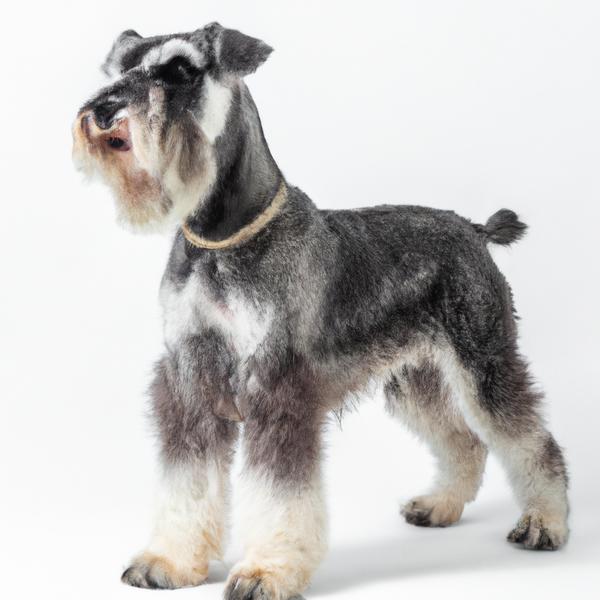
Eskimo Schnauzer
Silkese vs Eskimo Schnauzer

Shiba Corgi
Silkese vs Shiba Corgi
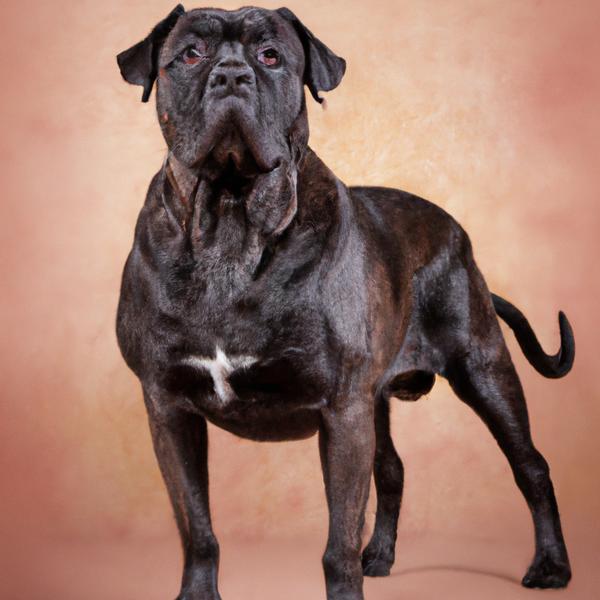
Cane Corso
Silkese vs Cane Corso
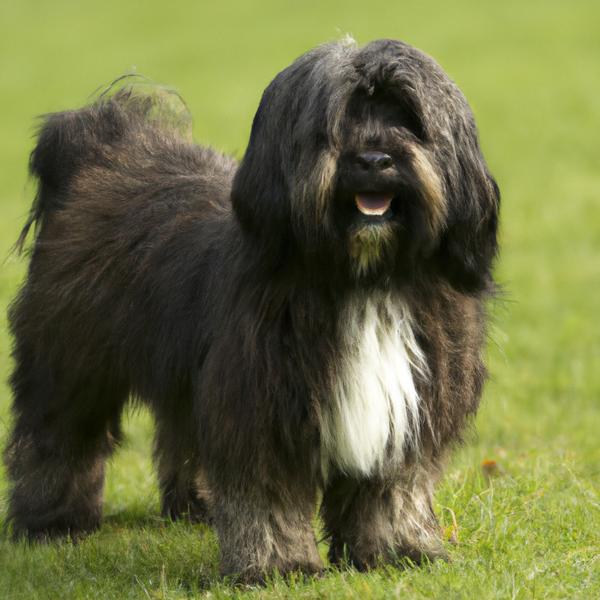
Lowchen
Silkese vs Lowchen
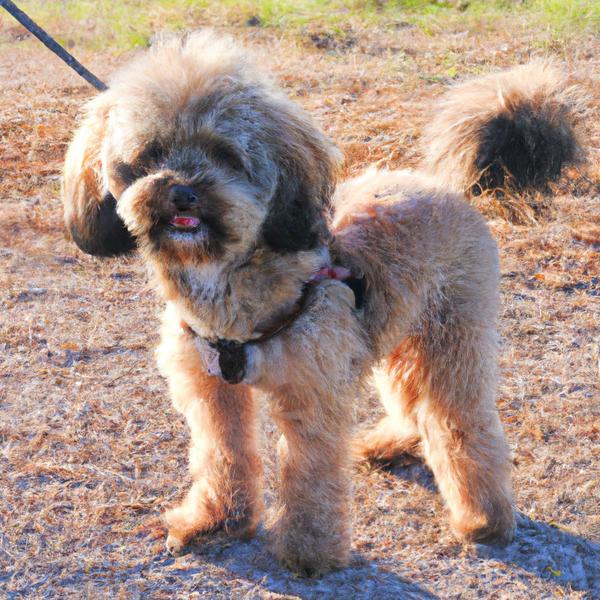
Poo-Ton
Silkese vs Poo-Ton
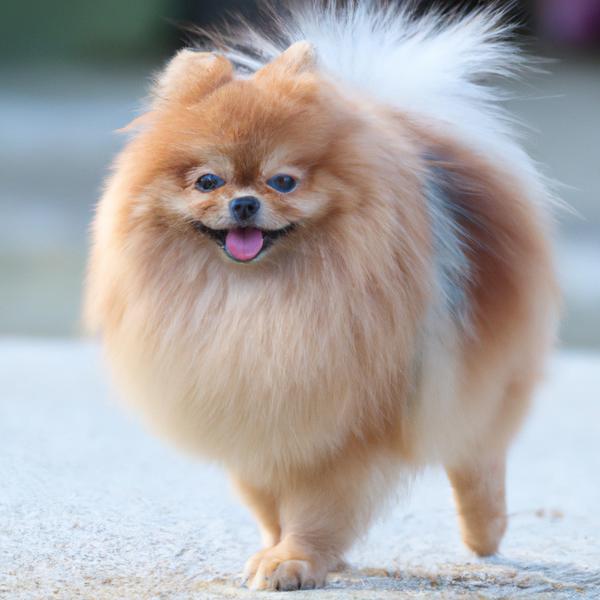
Paperanian
Silkese vs Paperanian
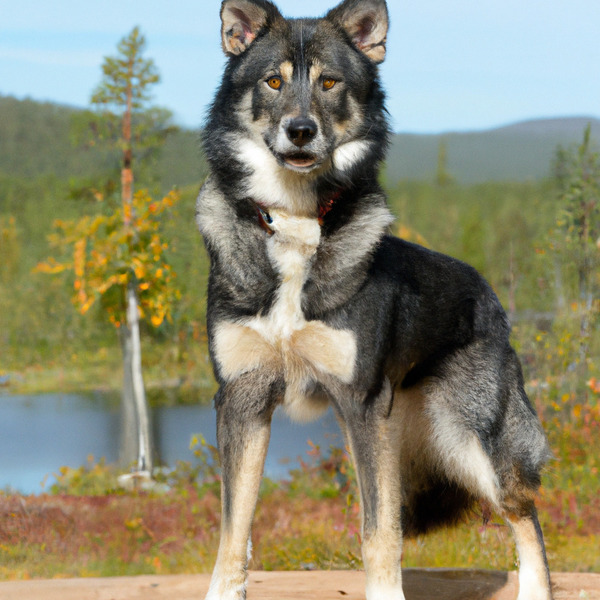
Lapponian Herder
Silkese vs Lapponian Herder
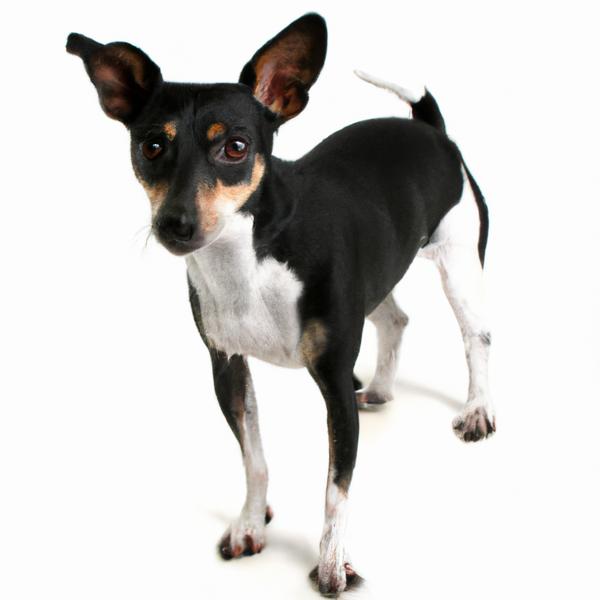
Rat Terrier
Silkese vs Rat Terrier
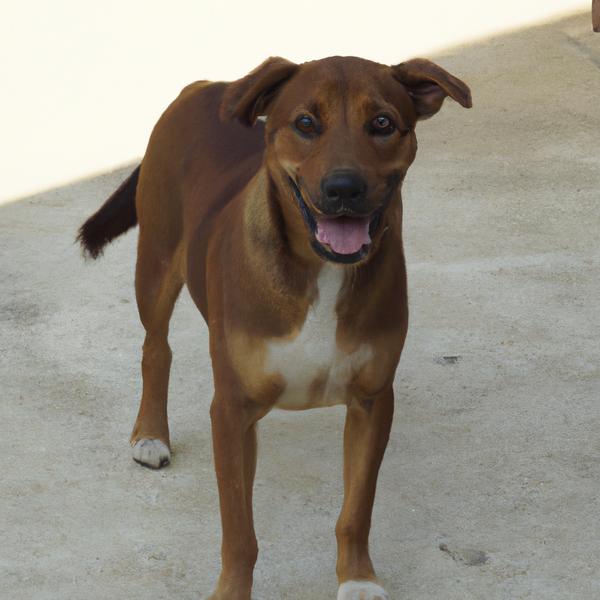
Rottle
Silkese vs Rottle
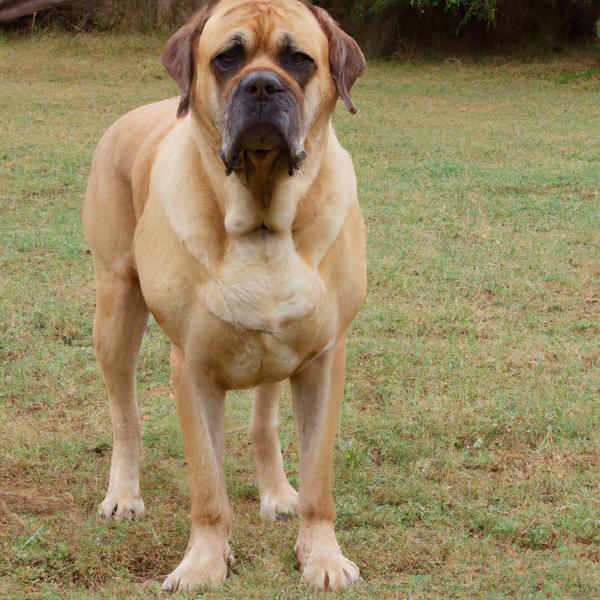
Golden Bullmastiff Retriever
Silkese vs Golden Bullmastiff Retriever
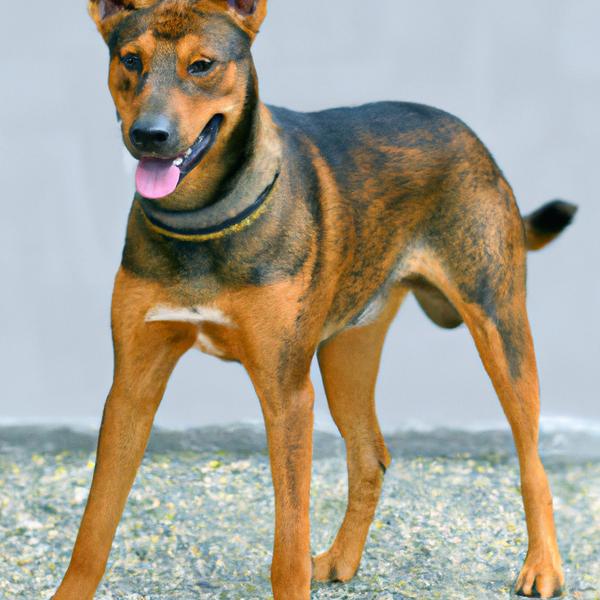
Bostalian
Silkese vs Bostalian
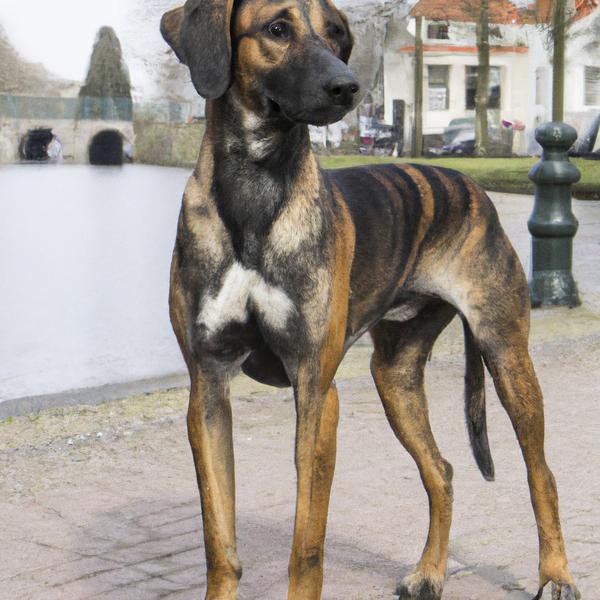
Mali-dutchie
Silkese vs Mali-dutchie
